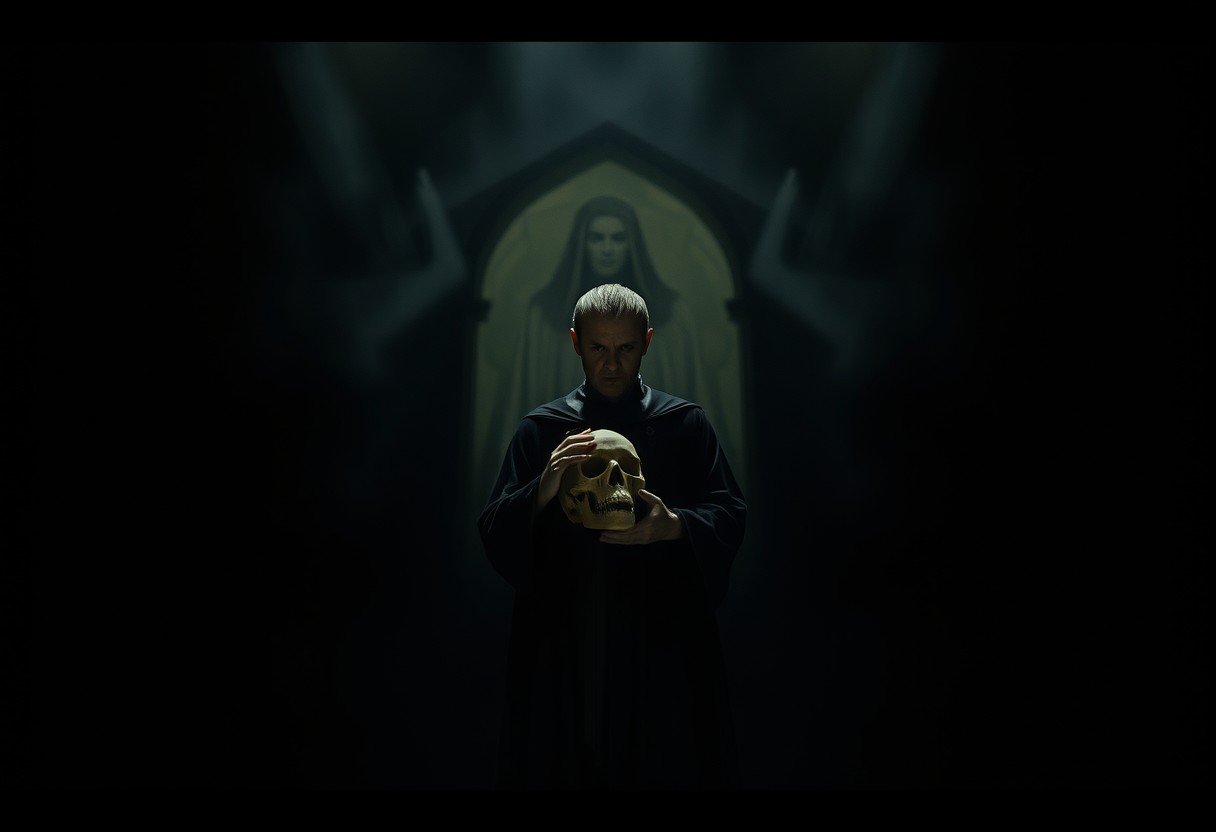Have you ever wondered why the ancient stories of Greek mythology still fascinate us? These tales of powerful gods, brave heroes, and terrifying monsters are more than just entertainment. They are a treasure trove of wisdom, offering profound insights into human nature, morality, and the challenges we all face. Exploring these myths transports you to a world of adventure while teaching you timeless lessons about life, love, and courage that remain incredibly relevant today.
Meet the Powerful Gods of Mount Olympus
The Greek pantheon is filled with deities who rule over every aspect of life and nature. At the very top is Zeus, the king of the gods, who wields thunderbolts and governs from his throne on Mount Olympus. He represents ultimate power and authority.
His wife, Hera, is the goddess of marriage and family. However, she is famously known for her jealousy, which often sparks conflict among gods and mortals alike. Their stories show us that even divine beings are not free from very human emotions like love, anger, and rivalry.
Each god and goddess has a unique personality and domain, reflecting different parts of our own world and experiences. From Apollo, the god of music and knowledge, to Ares, the god of war, their myths provide a rich tapestry of moral lessons.
| Deity | Domain | Symbolizes |
|---|---|---|
| Zeus | Sky and Thunder | Power, Law, Authority |
| Hera | Marriage and Family | Fidelity, Jealousy |
| Athena | Wisdom and Warfare | Strategy, Intelligence |
| Poseidon | The Sea | Nature’s Fury, Emotion |
The Journeys of Legendary Greek Heroes
Beyond the gods, Greek mythology is famous for its legendary heroes. These figures were not perfect; their flaws made them relatable and their stories compelling. Their quests often teach us about the true meaning of strength and resilience.
Perhaps the most famous is Achilles, the greatest warrior of the Trojan War. Despite his near-invincibility, his one weak spot, his heel, became a powerful symbol of human vulnerability. His story is a tragic reminder of how pride can lead to a great downfall.
Then there is Odysseus, whose ten-year journey home after the war is a masterclass in cleverness and perseverance. His adventures show that heroism is not just about physical strength but also about wit and the will to never give up. These heroes show us that:
- True courage involves facing your weaknesses.
- Intelligence and cunning can be more powerful than brute force.
- Perseverance is key to overcoming life’s greatest obstacles.
By following their journeys, you can learn how to navigate your own challenges with bravery and wisdom.
Facing the Terrifying Monsters of Myth
What is a hero without a monster to defeat? The monsters of Greek mythology are truly the stuff of nightmares, from the Minotaur in its labyrinth to the multi-headed Hydra. These creatures add a thrilling element of danger to the tales.
But these beasts are more than just scary antagonists. They often represent the deep-seated fears and obstacles that exist within all of us. The Minotaur, trapped in a maze, can be seen as a symbol of our inner demons or a problem we feel lost in.
When heroes like Heracles or Theseus defeat these monsters, they are teaching us about the importance of confronting our fears head-on. These tales inspire you to find the courage to face the “monsters” in your own life, whether they are external challenges or internal struggles.
What Greek Myths Teach us about Human Nature
One of the most magical things about Greek mythology is its ability to perfectly capture the complexities of human nature. The gods, with all their powers, act with jealousy, pettiness, and love, just like mortals. Their divine family squabbles often feel surprisingly familiar.
The heroes, in turn, are not just symbols of strength but are also plagued by pride, doubt, and sorrow. Their struggles feel real because they reflect the internal battles we all fight. This connection is why the stories have endured for thousands of years.
These ancient narratives act as a mirror, showing us our own potential for both greatness and failure. They explore themes of fate, free will, justice, and sacrifice, prompting you to think about your own values and choices.
How these Timeless Tales Still Inspire us Today
The influence of Greek mythology is everywhere, from the names of planets to modern books and movies. The reason for its lasting appeal is simple: the lessons are universal. The stories are not just about ancient Greece; they are about the human condition.
Whether you are seeking guidance on leadership from Athena or contemplating the nature of love through the story of Eros and Psyche, the myths offer endless layers of meaning. They spark your imagination and encourage you to see the epic potential in your own life journey.
By diving into these tales, you connect with a narrative that has shaped Western culture and continues to inspire people to be more heroic, wise, and courageous in their everyday lives.
Frequently Asked Questions about Greek Mythology
Why is Greek mythology still important today?
Greek mythology remains important because it explores universal human themes like love, war, courage, and justice. The stories provide timeless lessons and moral insights that continue to resonate with modern audiences and influence our art, literature, and culture.
Who was the strongest Greek hero?
While many heroes had incredible strength, Heracles (known as Hercules in Roman myths) is widely considered the strongest. He was a demigod who completed twelve impossible labors, demonstrating unmatched physical power and endurance.
What is the main message of Greek myths?
There isn’t one single message, but a common theme is the exploration of the human condition. The myths often teach about the dangers of pride (hubris), the importance of courage and intelligence, and the idea that even the most powerful beings have flaws.
How do Greek myths explain human emotions?
The gods and goddesses personify human emotions and concepts. For example, Aphrodite represents love and desire, while Ares embodies the rage and violence of war. Their interactions and conflicts provide a framework for understanding our own complex feelings.
What is the difference between a god and a hero in Greek mythology?
Gods were immortal, divine beings who had power over various aspects of the world, like Zeus, the god of the sky. Heroes were typically mortals or demigods, like Achilles or Odysseus, who were celebrated for their exceptional courage, strength, and noble deeds.








Leave a Comment